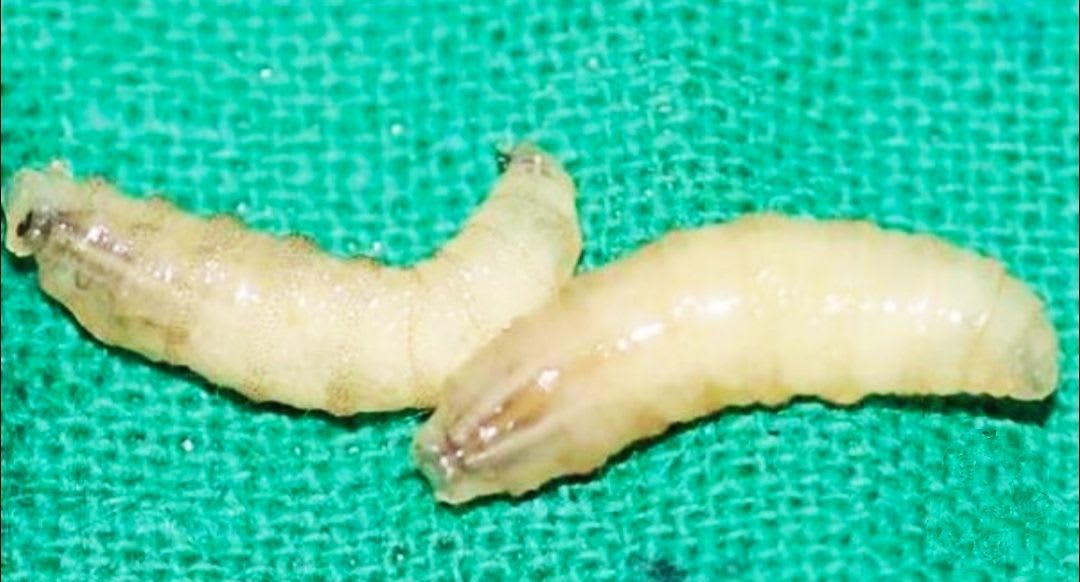In a strange and unusual health incident, the Mexican Ministry of Health announced the discovery of the first human case of Nagana disease, a rare illness caused by the tsetse fly, in the town of Acacoyagua in the state of Chiapas, southern Mexico. This parasitic disease is uncommon in humans and usually appears in areas with poor health conditions, providing an ideal environment for the spread of flies that lay their larvae on open wounds. When these larvae invade wounds, they begin feeding on living tissues, gradually progressing the disease. The 77-year-old woman infected was diagnosed after showing symptoms indicating Nagana disease, such as skin irritation, severe itching, and the appearance of a boil-like lesion containing a small opening where the larvae breathe. Fortunately, the patient's condition is currently stable after receiving necessary treatment with antibiotics, which help eliminate the larvae and alleviate their harmful effects. This disease primarily spreads in areas lacking effective sanitation systems or proper waste management, as well as places close to livestock. These factors create an ideal environment for the tsetse fly to spread, increasing the risk of Nagana disease. Prominent symptoms experienced by patients include skin irritation and redness, along with the appearance of boil-like lesions. Patients may also feel movement under the skin or experience pain and discomfort at the site of infection. Risks increase in areas with environmental pollution, poor personal hygiene, frequent exposure to flies, and the presence of open wounds or skin abrasions that facilitate larval invasion. Therefore, Mexican health authorities warn of the necessity to improve personal hygiene conditions, combat flies, and properly handle wounds to reduce the spread of this serious disease. Studying and researching this disease helps raise health awareness on prevention methods, and health authorities worldwide should educate communities on the importance of taking strict preventive measures to prevent similar cases in the future.

